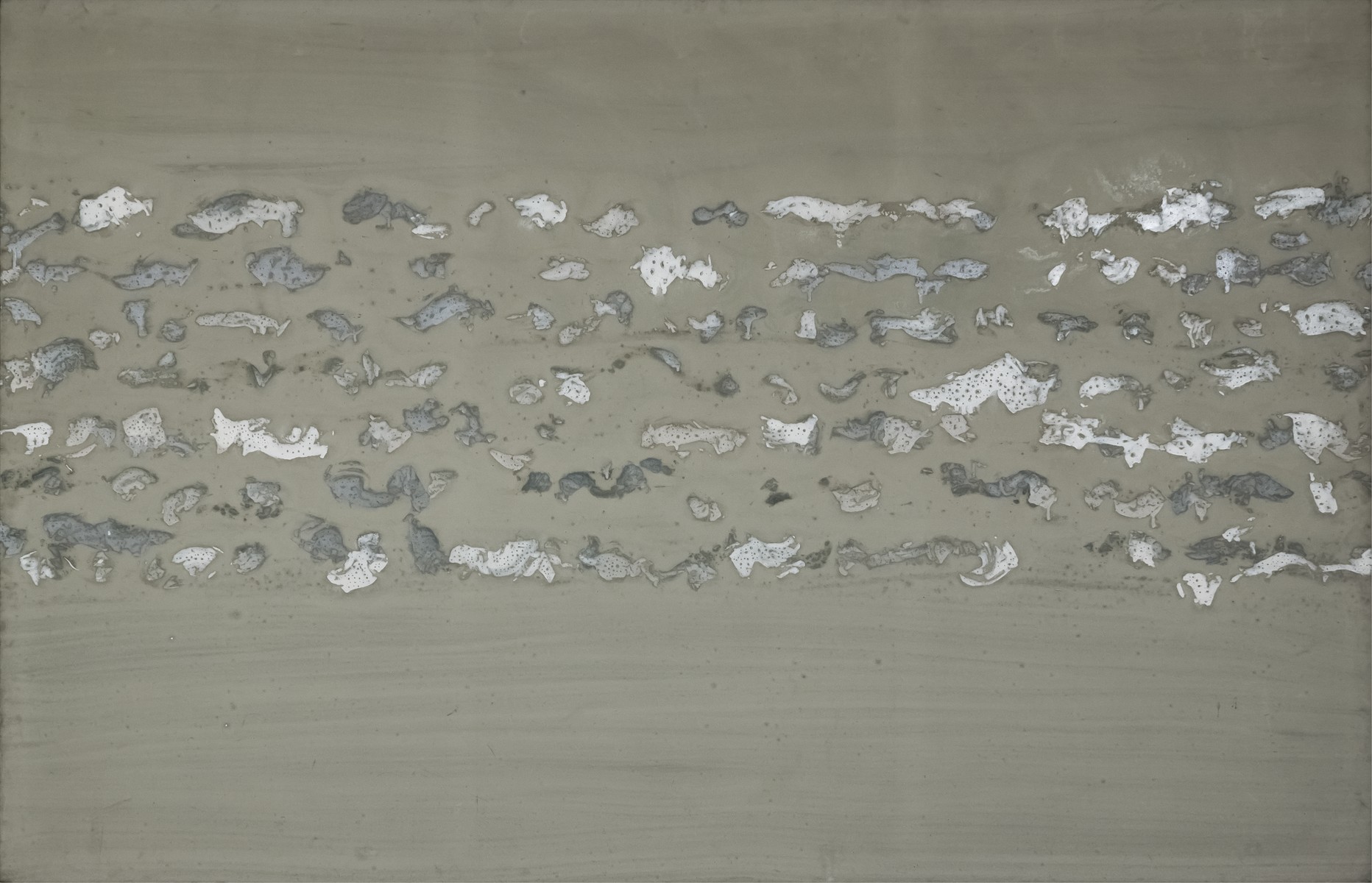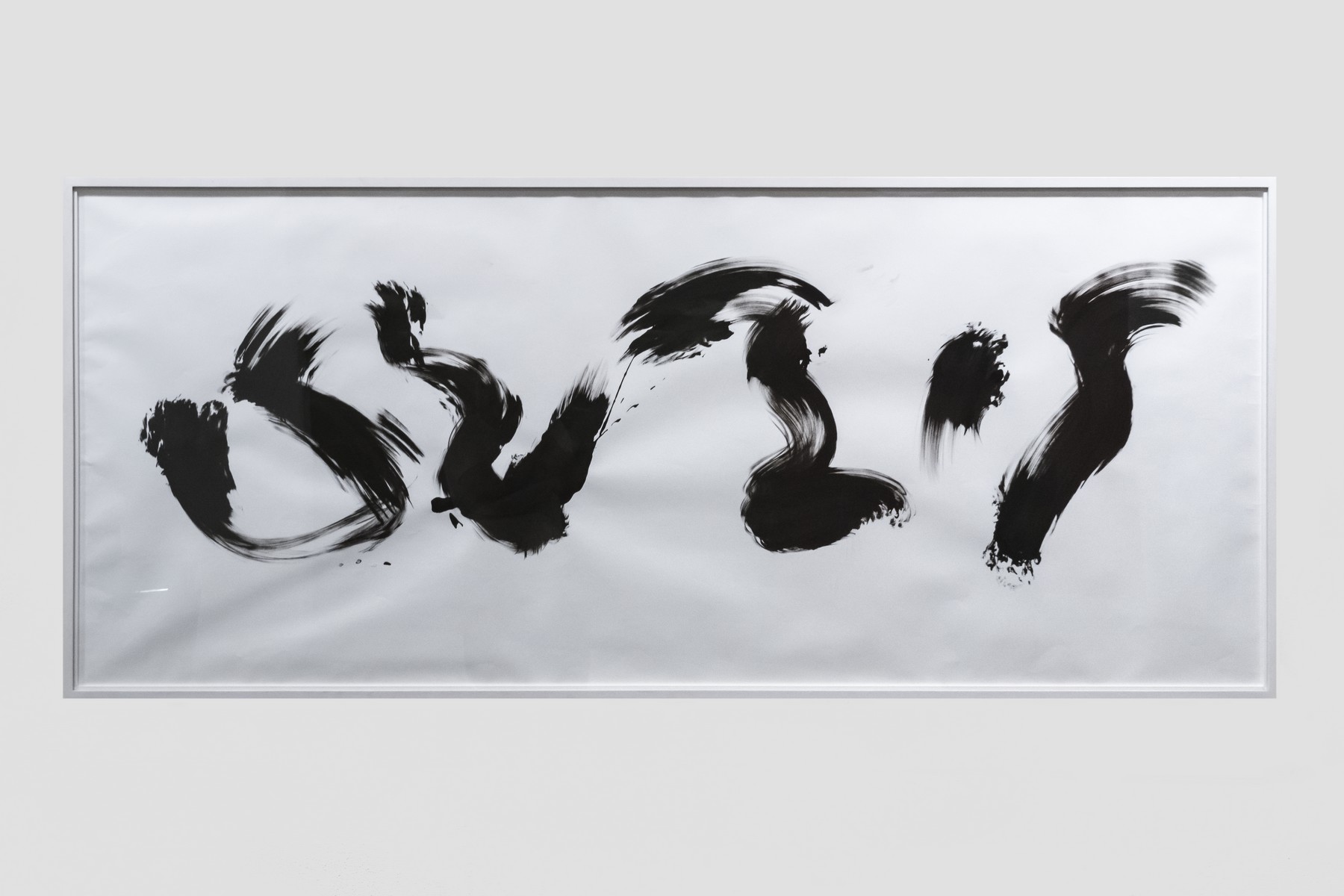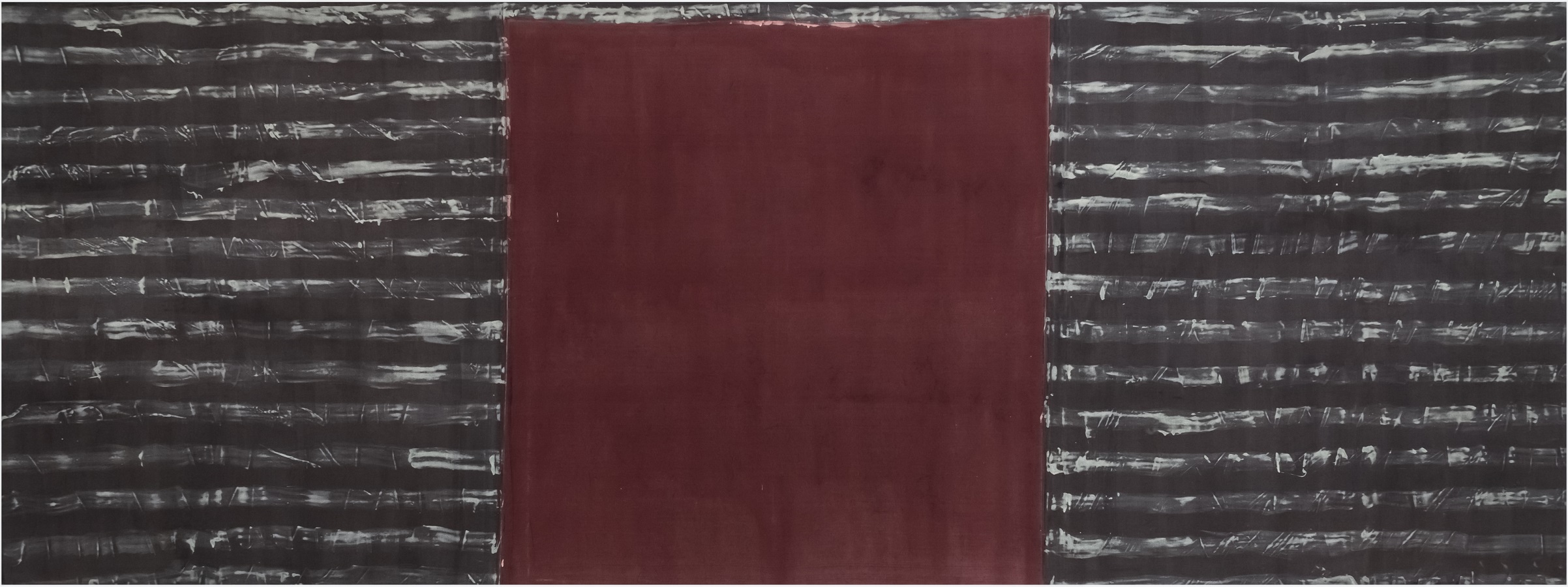Judit Reigl
In association with Janos Gat
Mar 8 - Apr 6, 2013
The Judit Reigl work offers a new lens through which to consider the course of European painting in the second half of the twentieth century. In France, Judit Reigl is now acknowledged as one of the most original figures of post-World War II art. She is recognized for having discarded boundaries and rules once deemed absolute, obliterating the distinction between the front and the back of the canvas (by painting on both sides), and the antagonism between the figurative and the non-objective, while reconciling surrealism and abstraction. Her 2010 retrospective at the Nantes Museum of Fine Arts was followed by a concise survey at the Centre Pompidou, Paris, in 2012. Also in 2012, a painting from her Outburst series was included in the Guggenheim Museum’s Art of Another Kind: International Abstraction and the Guggenheim, 1949–1960. Reigl’s paintings are in the collections of the Tate Modern, London, the Centre Pompidou, Paris, the Museum of Fine Arts, Houston, and the Albright-Knox Art Gallery in Buffalo. In New York, her works have been acquired by the Museum of Modern Art, the Guggenheim Museum, and can be seen in the permanent collection of the Metropolitan Museum of Art. Art in America, ARTnews, Artforum, and The New York Times published glowing reviews of her exhibitions in New York (between 2007 and 2012).
Judit Reigl (b.1923) escaped from her native Hungary in March 1950, made her way across Europe in three months, and settled in Paris. Moved by Reigl’s 1950 painting They Have an Unquenchable Thirst for the Infinite, André Breton declared the work a Surrealist masterpiece and presented the artist’s first solo exhibition in Paris in November 1954. Although Reigl never abandoned her “total” automatic writing—which she defined as the “engagement of mental automatism complemented by corporeal movement”—she left the Surrealist group following the exhibition, unwilling to submit to any authority. Reigl’s works were a genuine artistic revolution, chronologically parallel to the Abstract Expressionist movement in the United States. Judit Reigl is in her 90th year and lives in Paris.






